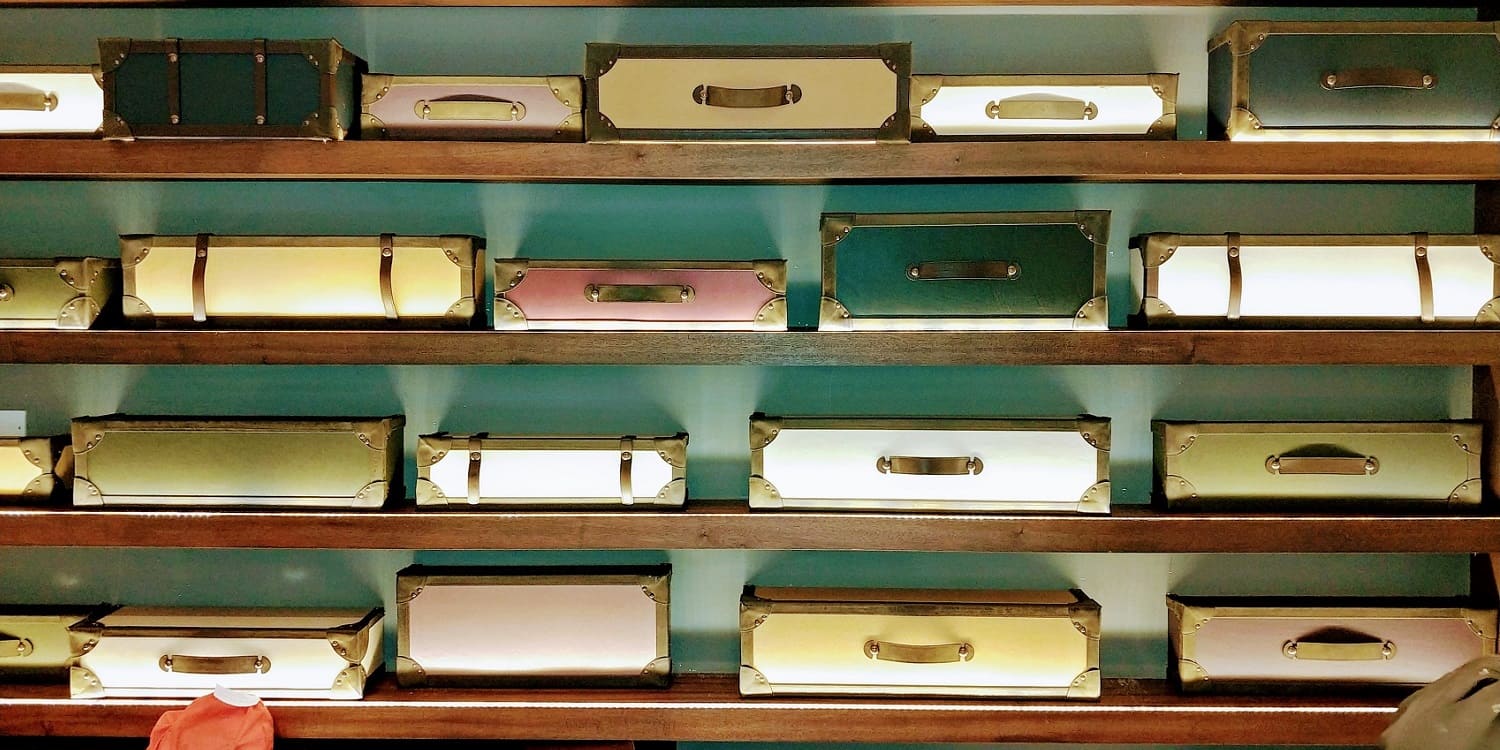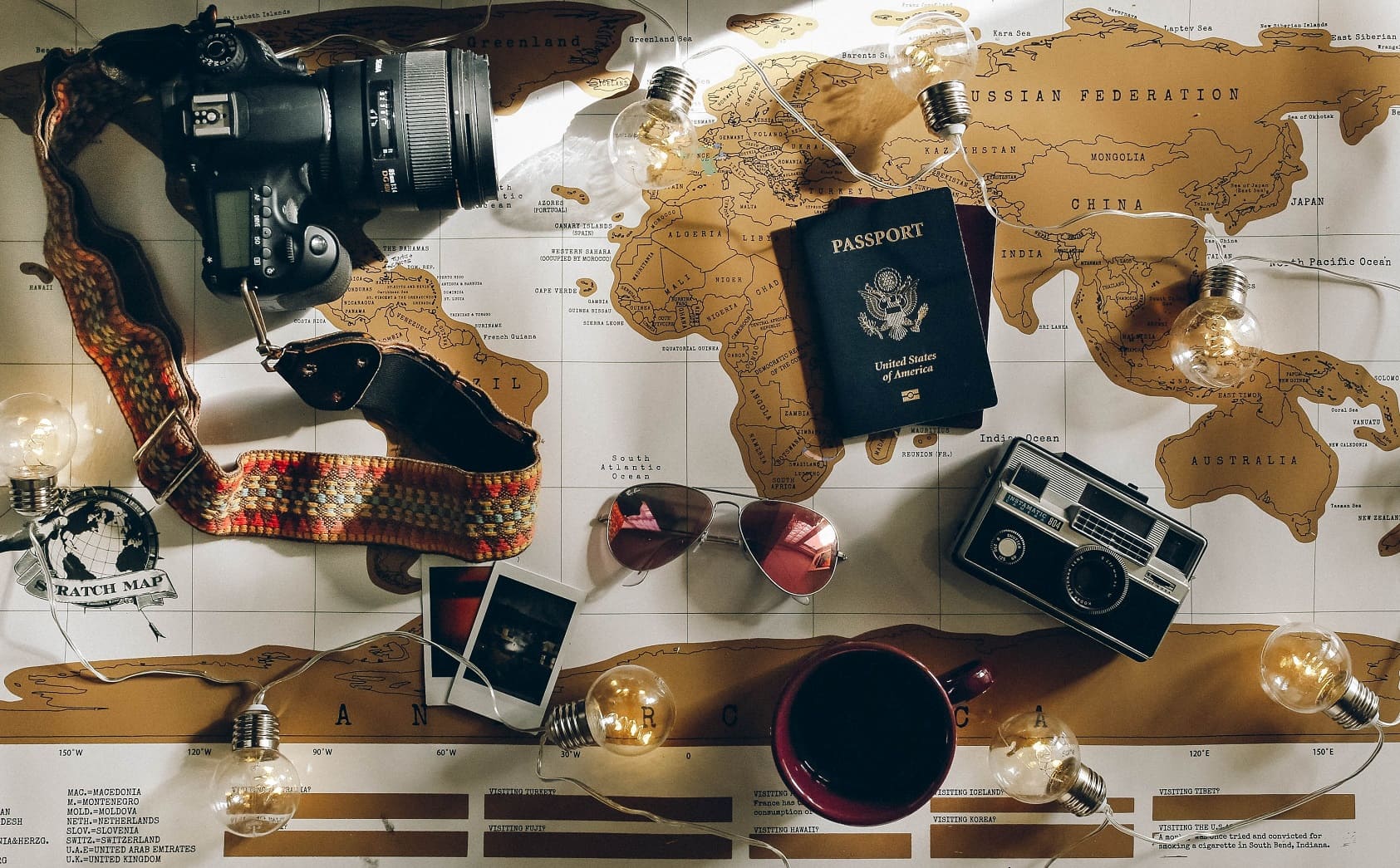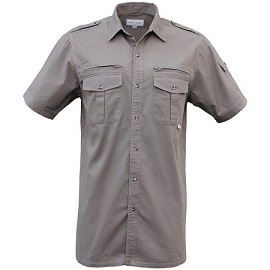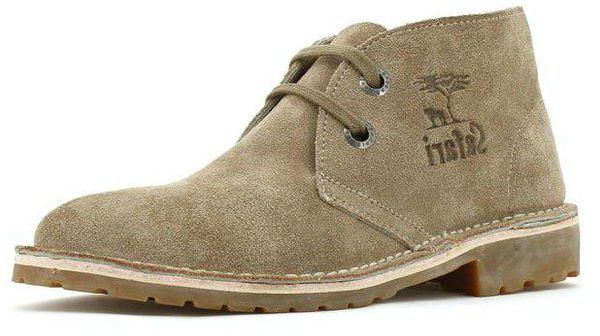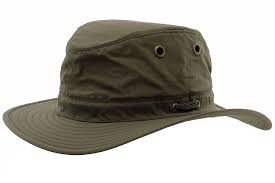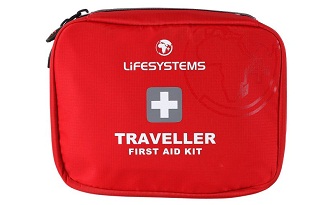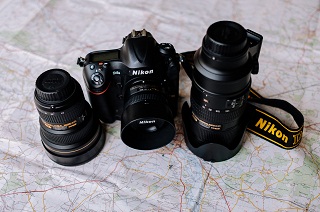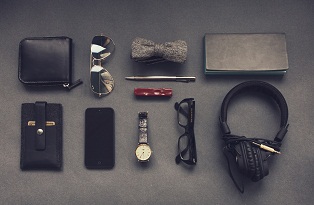Clothes
The ideal clothes to pack for your safari are casual in nature, loose fitting and lightweight, so as to keep you cool and dry. For colours, pick neutral Pastel shades over brighter colours for optimum suitability for the wilderness. Khaki and Forest Green colours are an all time safari favourite and most recommended.
Please note that camouflaged, military~pattern clothes may be considered unlawful in East Africa as they are worn by the local forces so best to avoid. Make sure to pack a fleece, cardigan or light jacket for the cool early mornings during game drives.
When packing, keep in mind that most lodges and camps provide laundry services. Below is a basic packing list of the essential clothing you may want to bring:
01 short sleeve casual shirt, 02 khaki long sleeve shirts, 01 Wind cheater or light jacket or Fleece jacket, 01 Safari Multi Pocket Saafri Vest (especially useful for Photographers), 02 pairs khaki smart casual trousers or Chinos, 02 pairs safari shorts
03 pairs sport socks, 02 T-shirts, 01 pair Nightwear, 01 pair Swimwear, Sports bra. If staying at 5 star camps or lodges, carry along a single set of smart but basic dinner wear, useful also for nights in Nairobi city or along the coast in Mombasa.

